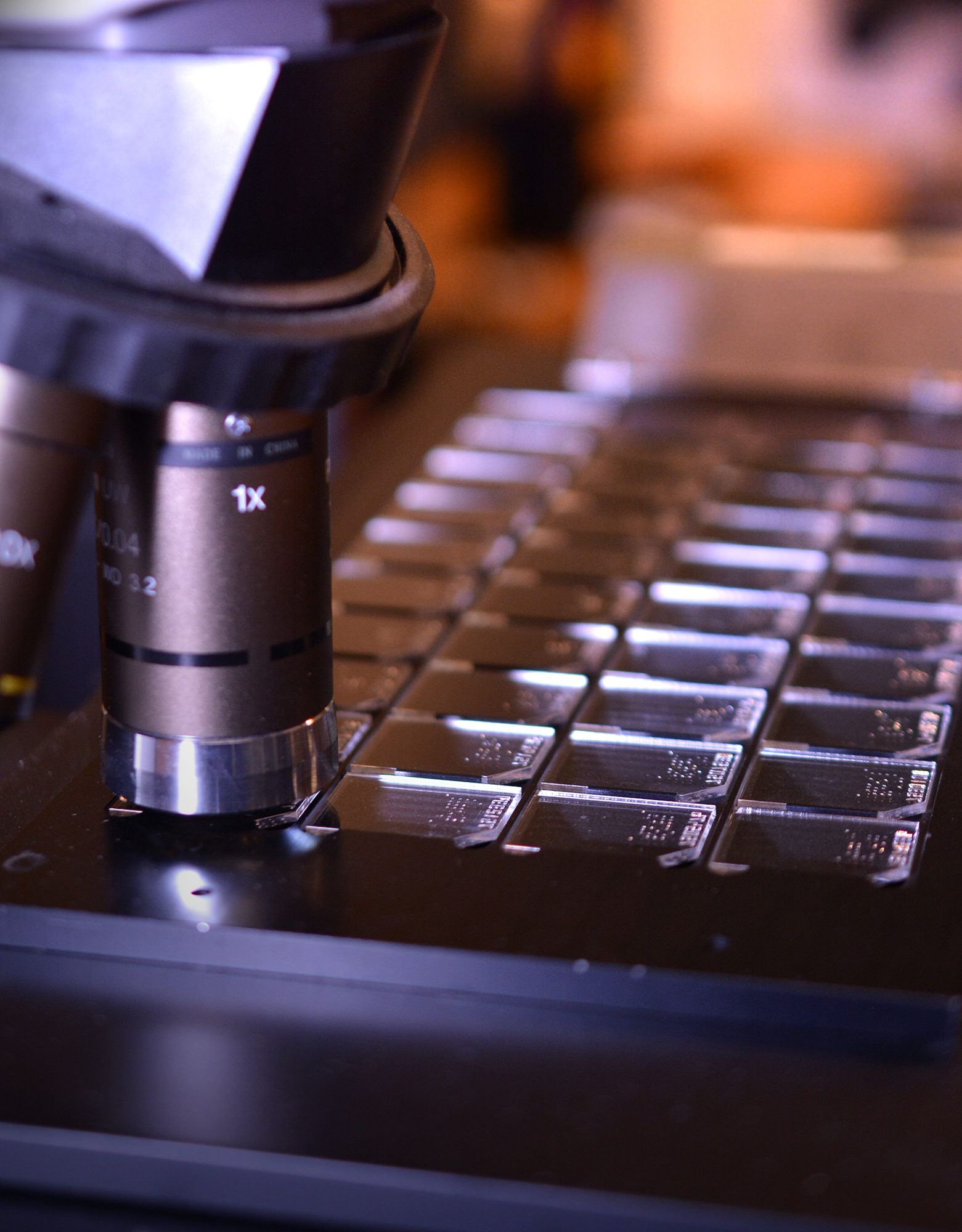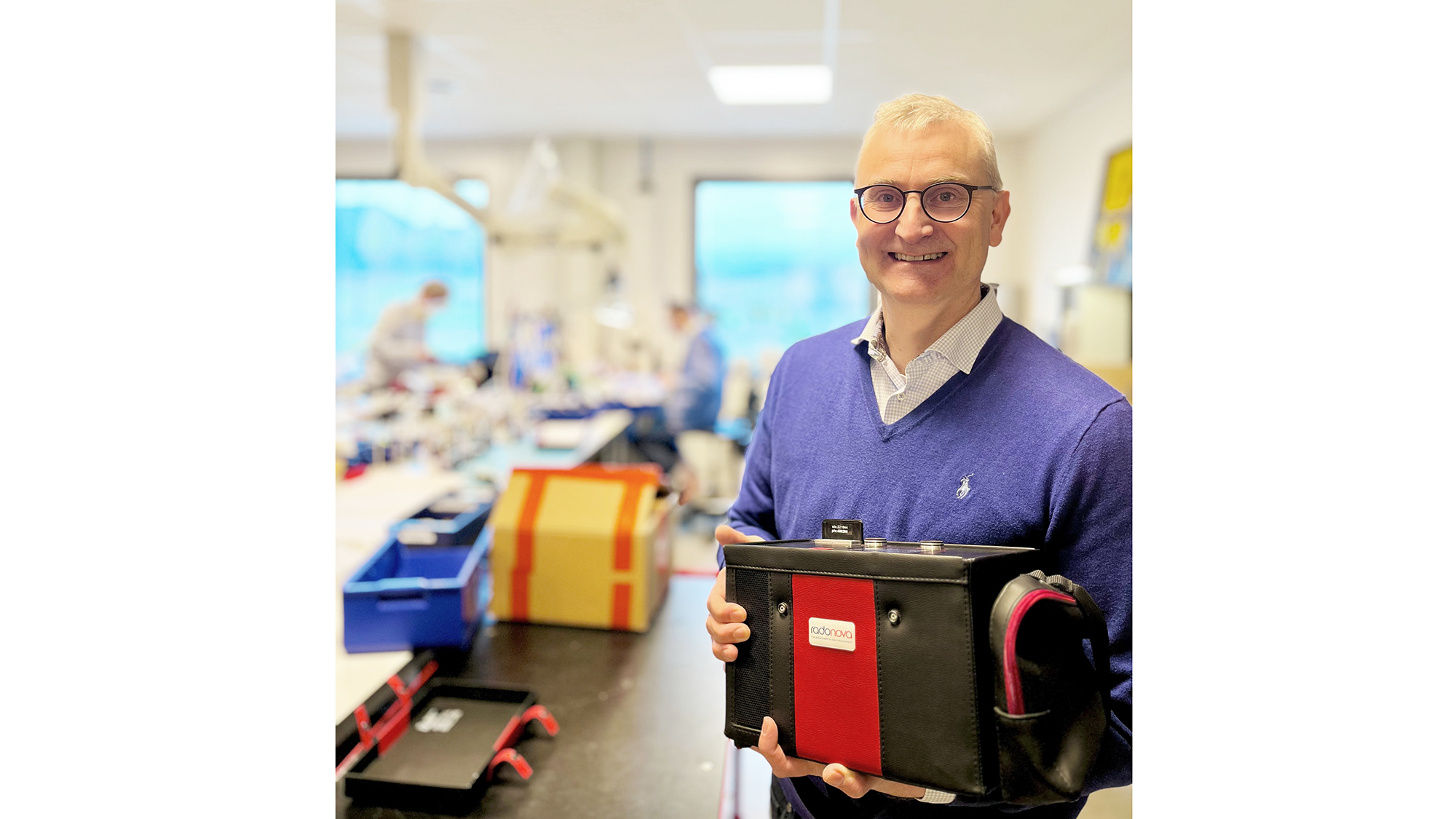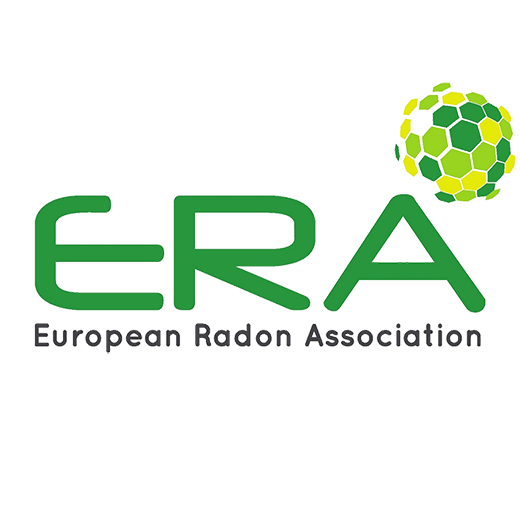Radonova Laboratories has received exceptional results in a radon measurement validation test carried out by Public Health England (PHE) – an executive agency of the Department of Health and Social Care in the UK. The latest test follows on from a comparative test conducted by PHE in May last year where again Radonova achieved industry leading results. PHE’s comparative reference tests are widely recognised as being one of the most demanding in the industry.
PHE’s validation test indicates that Radonova has minor deviations from the respective reference value. In the test, Radonova deviated by less than 4.7 per cent from the respective reference value in all five cases.
For the validation test, radon detectors were exposed to different levels of radon. They were then compared to the official reference values as specified by PHE.
”The results from the two recent tests are an endorsement of our technology and the research we undertake to constant improve our market proposition. PHE consistently places very stringent demands on both reliability and function. It is particularly gratifying that a highly regarded independent party, for the second time in less than a year, has confirmed that our radon boxes and measurement methodologies maintain a high and consistent standard”, said Tryggve Rönnqvist, radon specialist at Radonova Laboratories.
In the test, the radon boxes were subjected to the range exposure of 177 – 2526 kBqh/m³.
Why measure for radon?
Every year around 230,000 people die of lung cancer caused by radon exposure. Radon gas is part of the element of the uranium decay chain and since uranium is found in many places in the earth’s crust, radon is found almost everywhere. High levels of radon can be found in regions which have a large concentration of rock or have a cool climate. The latter is due to the fact that radon gas levels are usually high in insulated houses that are heated. To be fully aware of radon levels, homeowners should always measure.
Most countries in the world require measurements that provide an annual mean, which usually entails a measurement period of over three months.







